Sports Physio Adelaide
Monday
Tuesday-Thursday
Friday
Saturday
Sunday
Get back in the game with quality physiotherapy services
We strive to provide the highest quality type of service for athletes of all ages and at all levels of ability involved in the sporting community. Our expert physiotherapists aim to provide evidence-based advice on the most appropriate type of treatment and rehabilitation for injuries and also to provide support for performance through injury prevention, maintenance and recovery interventions. Overall, we are focused on helping athletes to enhance their performance and stay injury free.
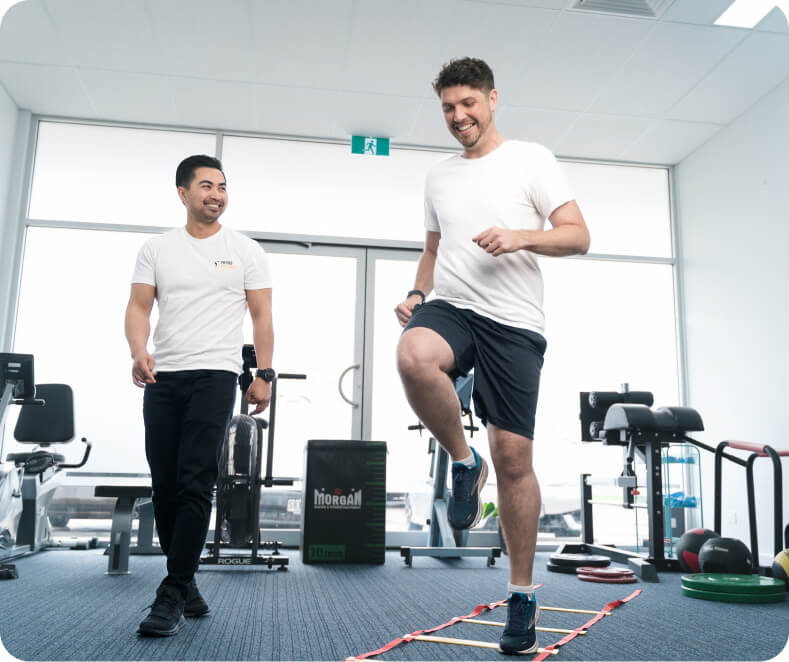
We specialise in Treating
These Common Sports Injuries:
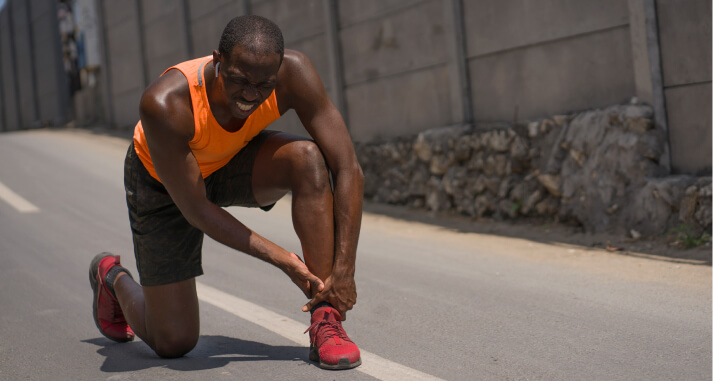
Ligament sprains
A ligament sprain is a stretch or tear of the ligament where the severity will determine the joint’s movement beyond the normal range of motion. Ligament sprains mainly occur from a collision or fall in sports. The most common ligaments injured are the Anterior Cruciate Ligament (ACL) in the knee and Anterior Talofibular Ligament (ATFL) in the ankle.
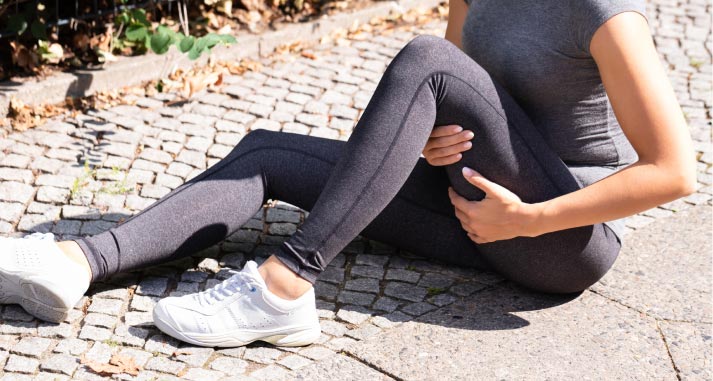
Muscle & tendon strains
A strain is an injury to a muscle or tendon and the severity will determine whether the tissue is overstretched or torn. Strains mainly occur due to overuse or high-velocity force during sport. Common areas include the quadriceps, adductors, hamstrings, calves and rotator cuff.
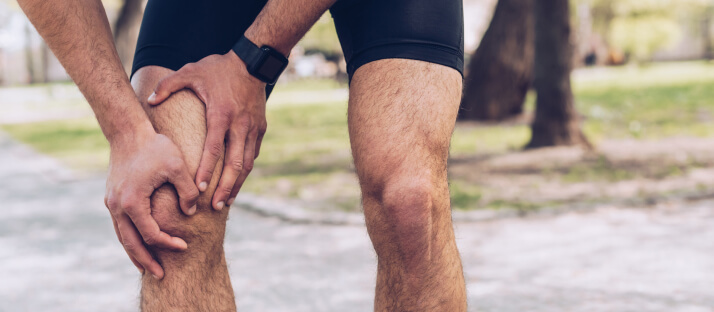
Cartilage tears
In younger people cartilage tears (e.g. meniscus tear) can be a result of trauma such as a twisting injury. Whereas, in the older population cartilage tears can be caused by cartilage breakdown as part of the ageing process.
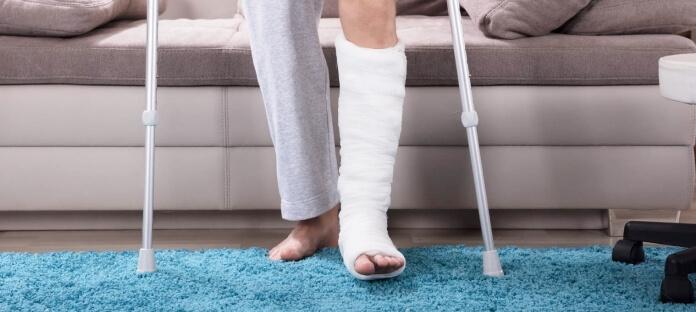
Bone fractures
Bones can fracture as a result of direct trauma where the force exceeds the strength of the bone. You can also develop stress fractures from repetitive force (e.g. long distance running) without adequate rest and recovery time.
Fast-track your road to recovery
Get in touch with our friendly team or book online today.
At Physio Physique, we set ourselves apart by:
Using a holistic assessment and treatment approach
We use a comprehensive assessment and treatment approach that combines highly effective manual therapy and personalised exercises specific to your needs.
Designing our services for busy schedules
Our Adelaide clinic is open 7 days a week with extended hours and flexible appointment times suitable for busy people.
Empowering you to reclaim control of your health
We support and encourage clients to self-maintain their health through education as the key to preventing future issues. We teach you to heal yourself.
Helping build sustainable habits for lasting results
We believe that positive and long-lasting results are achieved by introducing realistic goals that you can stick to.
Offering specialised care for NDIS participants
We understand that NDIS participants have a range of specific needs and deliver services that ensure their goals can be met.
Providing a welcoming environment and service
Our staff create a professional yet relaxing atmosphere filled with flourishing plants and welcome clients with coffee or tea.
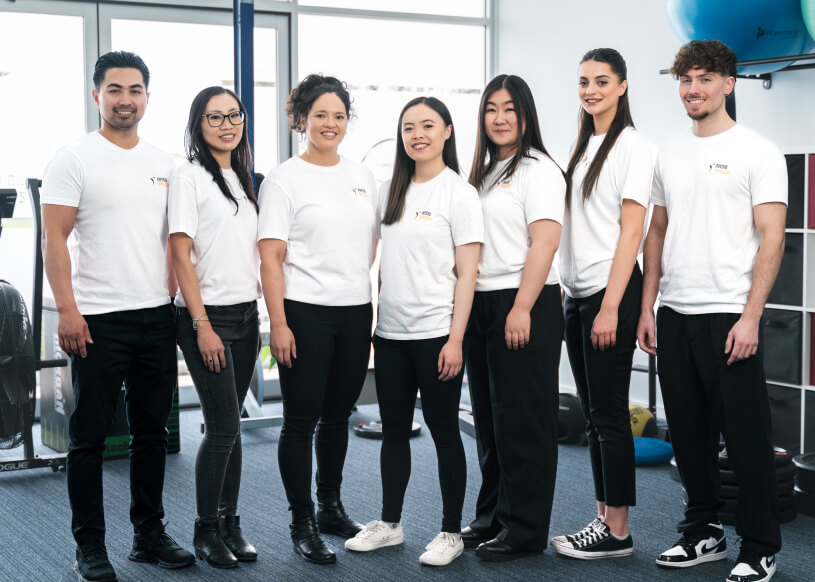
Dedicated care delivered by sports injury physios
We understand that it’s frustrating not being able to play sports after an injury. We also understand that in order to return to sport quickly and be able to keep playing out the season, you need good quality rehab. We work with you to settle down pain and recover from any sports injury as fast as your body will allow. Load management after a sports injury is the key. We help prevent unnecessary de-conditioning while maximising your healing.
Train for recovery at our on-site gym
Rehab your sports injury with sports-specific exercises. When recovering from any injury, it is important to train for function and relevant activities. We have a mix of cardio equipment (e.g. assault bike and rowing machine) and weights so we can get you fit and strong.
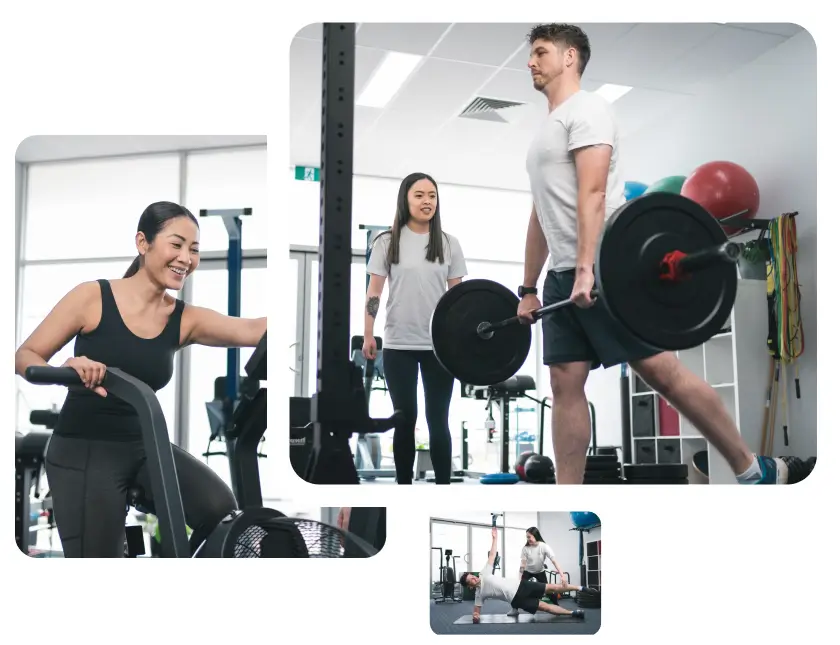
Frequently Asked Questions
Surgery is performed when a sports injury is severe, for example repairing torn tendons or ligaments or if there is a joint dislocation (in some cases). However, most sports injuries do not require surgical treatment when accompanied with physiotherapy treatment and rehabilitation.
Before participating in sports, perform appropriate warm-up and dynamic stretching exercises. This will help warm up the muscles and increase circulation around the body. After you have finished, cool down your body by performing a range of static stretches that target the main muscle groups used. For example, if you play soccer (leg dominant sport), you should consider stretching your thighs, hamstrings, groin, calves and hips. This will help get rid of the lactic acid build up and reduce the likelihood of developing Delayed Onset Muscle Soreness (DOMS).
It will depend on the type and severity of your injury. Generally speaking, it takes about 4-6 weeks for injured muscle tissue to heal, but longer if the injury is more severe. For other soft tissue injuries such as ligament, tendon or cartilage, it may take several months to heal and properly rehabilitate because these structures generally have less blood flow which means longer healing time. No matter your injury, our goal is to get you back to playing sport as soon as possible.
Using rigid sports tape may provide you with extra support and stability for an injury especially during times of increased physical activity. For example, taping a lateral ankle sprain for a soccer match can help to prevent excessive joint movement and ultimately reduce strain through the injured ligament. Tape can be a useful tool to help you return to sport sooner and reduce your risk of re-injury.